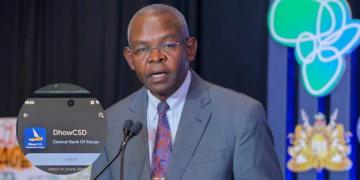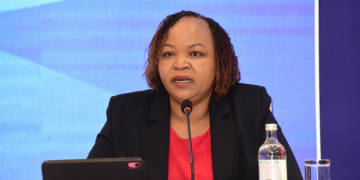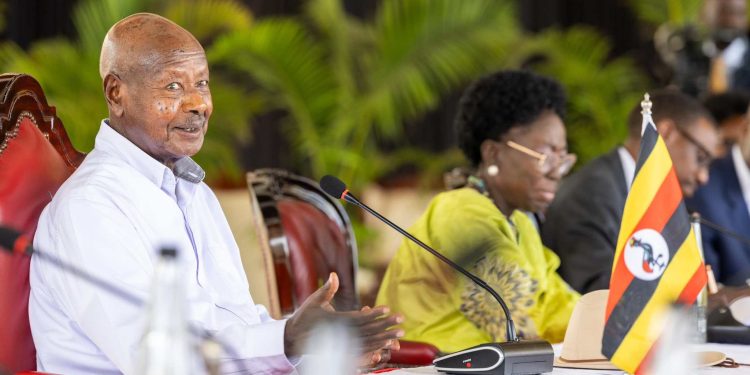In Uganda, women face significant barriers in accessing and progressing through higher education. It’s essential for the Ugandan authorities to strengthen the role of the State and the United Nations (UN) in recognizing the significant contributions of women to achieving the SDGs. Notably, socio-economic factors pose significant challenges to girls’ education.
In Uganda, the UN is actively involved in supporting women’s rights through various initiatives and programs, with a particular focus on ending violence against women, promoting women’s participation in peacebuilding, and fostering women’s economic empowerment. Such initiatives are implemented with the collaboration of the Ugandan government and civil society organizations.
State of Women in Uganda
Women of Uganda are the most undereducated because of many reasons, of which poverty is one of the major catalysts.
Families are facing financial instability, particularly in rural areas. The school-going girls are often forced to drop out of school to help their parents at home or to be married off, mostly at the age of 11.
Also Read: Challenges That Women in Egypt Confront in Accessing Education
A UN report states that “According to the Uganda Demographic and Health Survey 2022, 44% of women and 39% of men aged 15-49 have experienced physical violence since the age of 15. In Uganda, women are less likely than men to have progressed to secondary school. Most Ugandans (83%) say it is rare or unheard of for families to prioritize boys’ education over girls’, but 16% say this happens frequently”.
According to the UN Women report, as of February 2024, 33.9% of seats in Uganda’s parliament were held by women. In 2021, 65.5% of women of reproductive age (15-49 years) had their need for family planning satisfied with modern methods.
In 2024, UNESCO recognized PEAS for its “Empowering schools for adolescent girls” project in Uganda for the distinction of its work in the form of creating safe and gender-responsive school environments for marginalized girls in rural areas.
UN Women plays a crucial role in developing and implementing policies and services that empower women and girls in Uganda, with a particular focus on rural areas.
They have made prominent contributions to ensuring the integration of gender equality into the Sustainable Development Goals.
The Republic of Uganda has a comprehensive National Policy to prevent Gender Based Violence to foster a zero-tolerance environment, as well as to eliminate impunity and end Gender Based Violence.
Challenges
A lack of awareness about women’s rights is one of the major challenges in promoting women’s empowerment.
Additionally, social media should play a more prominent role in promoting awareness of women’s rights, particularly in rural areas.
Also Read: Why Women in Africa Need Higher Education Empowerment
Furthermore, the leadership of higher education institutions should consider free and scholarship-based academic programs for women.
Also, parental counseling is no longer recommended. It should be enhanced for the understanding of women’s rights and their active participation in the development of the society.
The Way Forward:
Uganda should address the socio-economic challenges to strengthen the role of women in society.
Parent counseling should also be encouraged. Women should also be encouraged to take up leadership roles, particularly in educational institutions.
Follow our WhatsApp Channel and X Account for real-time news updates.

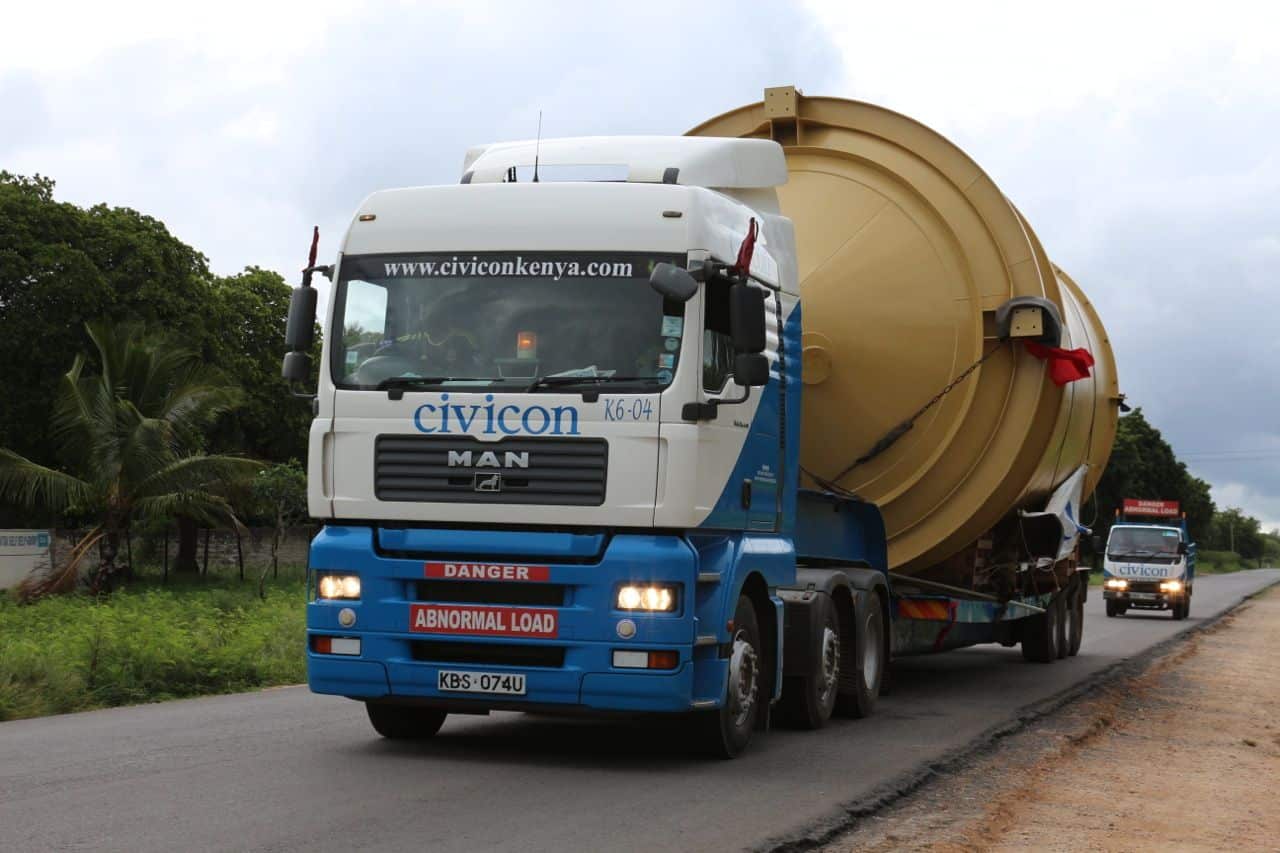

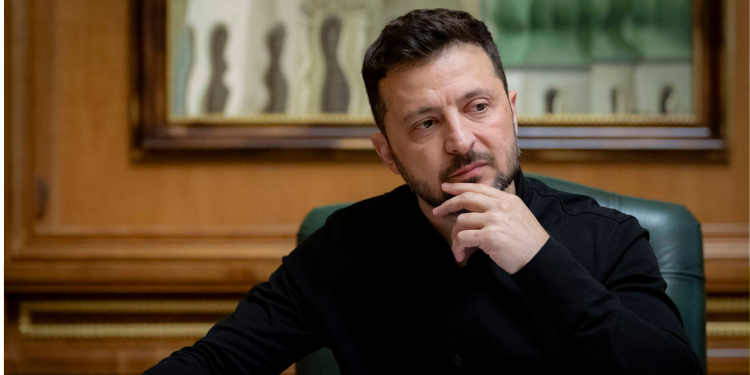
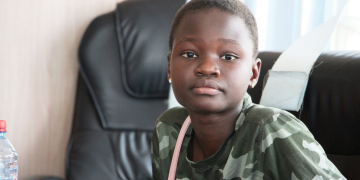
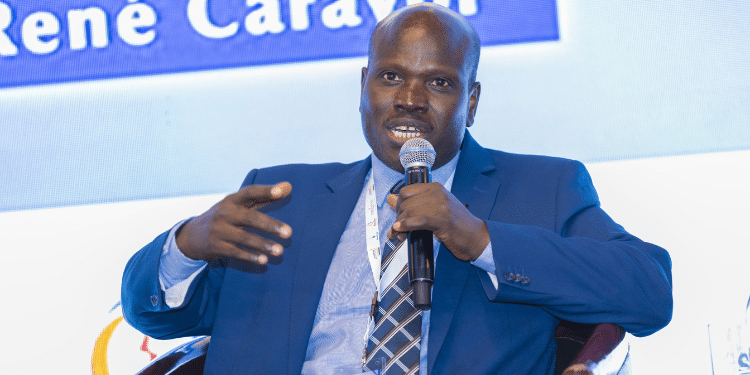

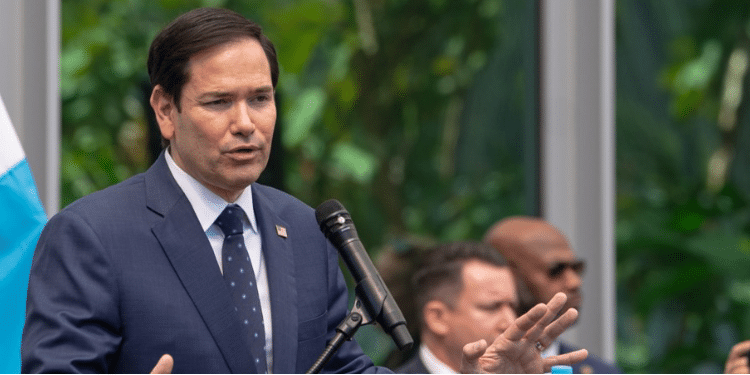








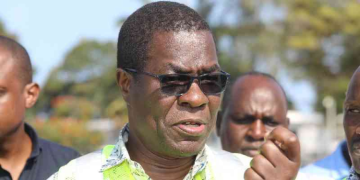

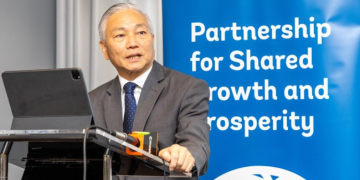

![Billions Each Top Kenyan Bank Has Made So Far In Profits This Year [List] Q3 2025 Results For Equity, Kcb, Co-Op, Absa And Other Banks]( https://thekenyatimescdn-ese7d3e7ghdnbfa9.z01.azurefd.net/prodimages/uploads/2025/11/C0-OP-KCB-Equity-Absa-360x180.png)
